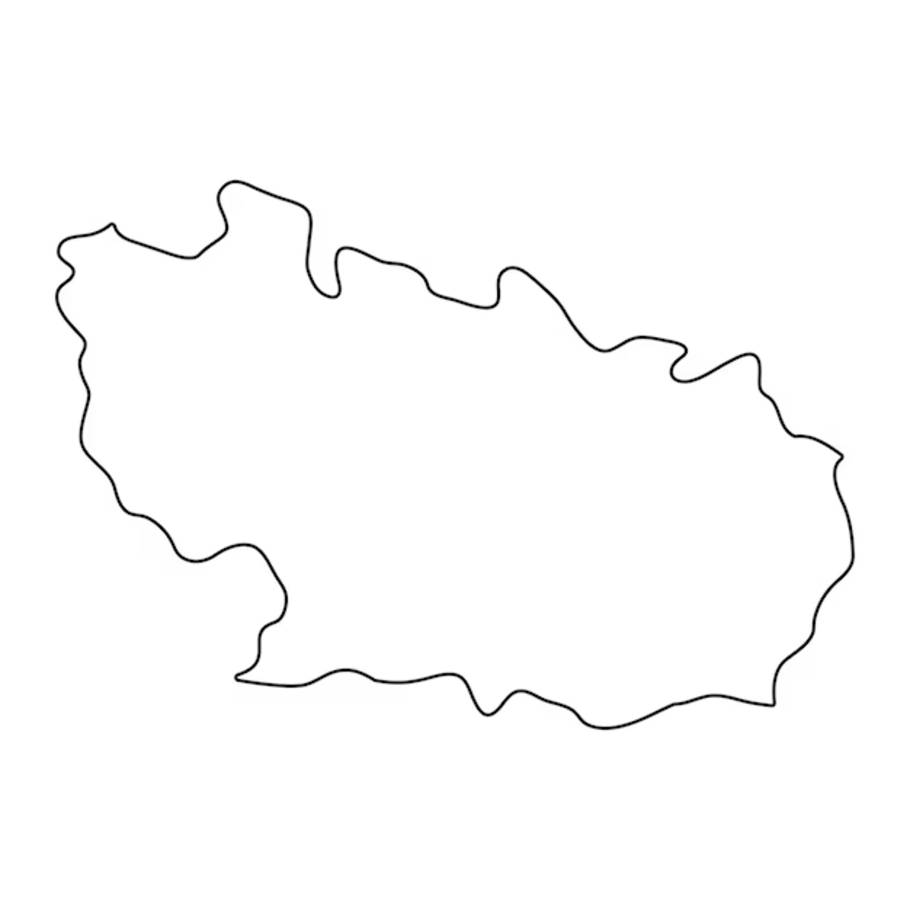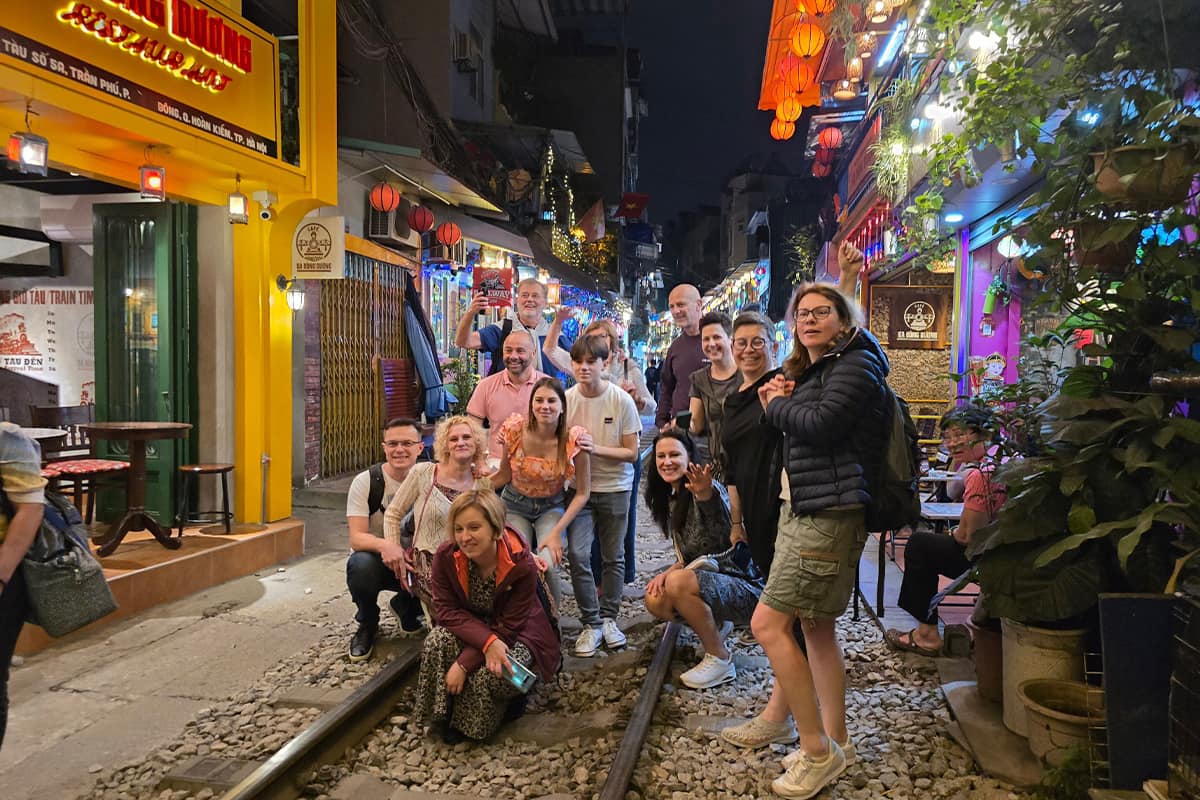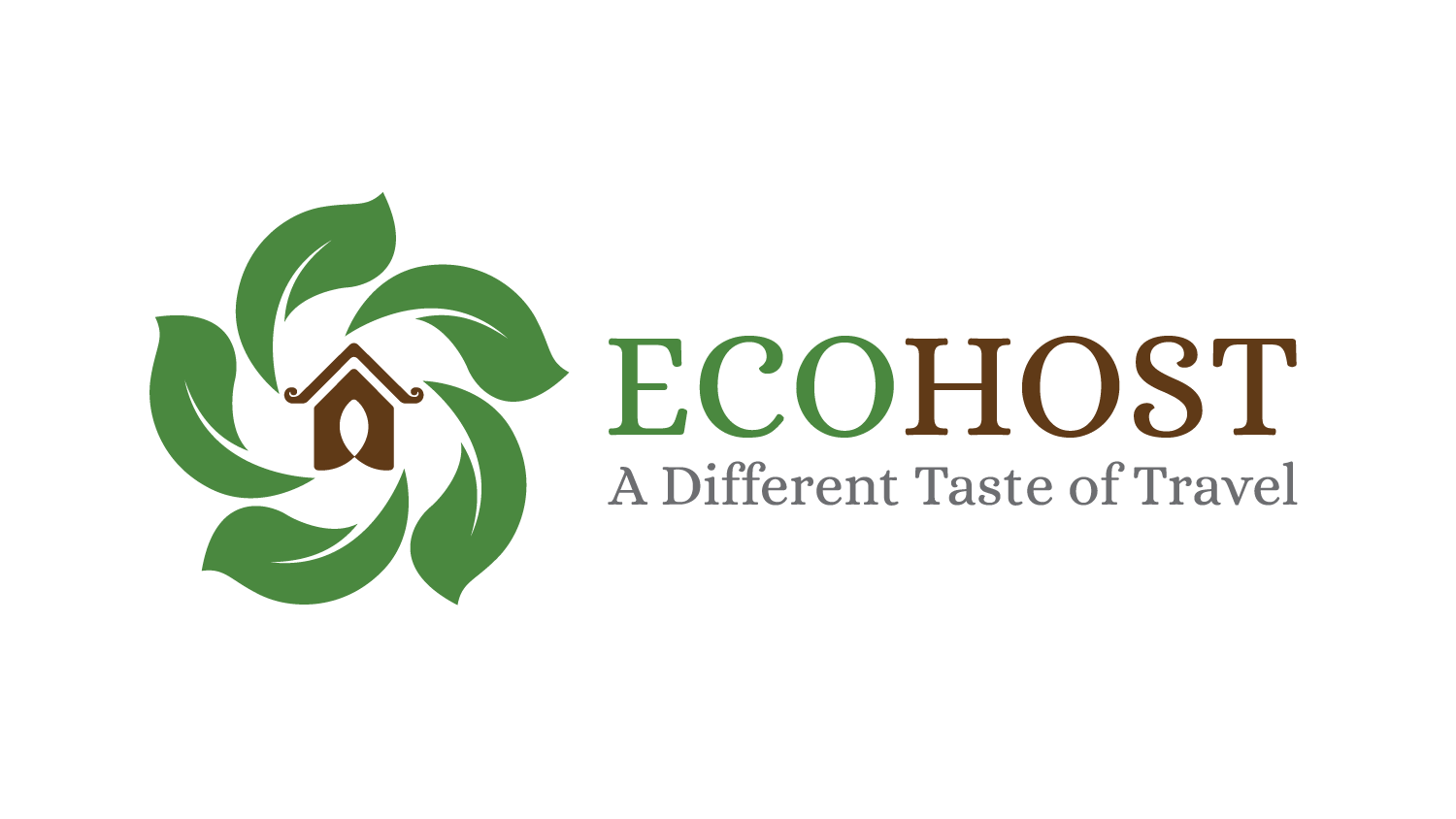
My Retreat Hien Van
My Retreat Hien Van is a 200-year-old traditional house nestled in a tranquil Northern Vietnamese village—where time seems to stand still and life flows at
Bac Ninh – the cradle of Vietnam’s folk culture – is a charming land where tradition thrives amidst a rapidly developing landscape. Just a short drive from Hanoi, Bac Ninh invites travelers to immerse themselves in the spiritual rhythm of ancient temples and the lyrical melodies of Quan Ho folk songs. Visitors can explore the thousand-year-old Dau Pagoda, stroll through the peaceful grounds of But Thap Pagoda, or admire the intricate woodwork at Phat Tich Pagoda nestled on a quiet hillside.
More than just a land of temples and legends, Bac Ninh is also home to vibrant local life. Travelers may catch a Quan Ho performance by the lakeside, witness traditional craft-making in Dong Ho painting village, or simply enjoy a countryside ride past green rice paddies and red-tile roofed houses. As day turns to dusk, the province transforms into a serene retreat – where culture is not only preserved but lived. Every visit to Bac Ninh is a step closer to the soulful heart of Vietnam’s cultural heritage.


My Retreat Hien Van is a 200-year-old traditional house nestled in a tranquil Northern Vietnamese village—where time seems to stand still and life flows at
Experience the charm of Quan Ho singing — a UNESCO-recognized art — performed live by local singers in traditional costumes while drifting on a peaceful lake.
Explore spiritual sites like Dau, But Thap, and Phat Tich Pagodas — home to thousand-year-old architecture and serene countryside views.
Bac Ninh is a rising eco-tourism destination, where nature and tradition come together. Visitors can enjoy peaceful countryside landscapes, cycle through quiet village roads, and take part in green, community-based activities. It’s a refreshing escape that promotes sustainable living and cultural appreciation.

The best time to visit Bac Ninh is from February to April and from September to November. During these months, the weather is mild and comfortable, making it perfect for attending traditional festivals like the Lim Festival, exploring ancient pagodas, and cycling through peaceful countryside roads. The landscape is vibrant, and local cultural life is at its most lively and authentic.
A signature spring festival in Bac Ninh, where visitors can enjoy Quan Ho folk singing on boats, play traditional games like swing contests, and immerse in vibrant local culture.
Located on Lan Kha Mountain, this ancient pagoda features a giant stone Amitabha Buddha statue from the Ly Dynasty and offers peaceful panoramic views.
A hidden gem in Bac Ninh for trekking and eco-adventures. Explore waterfalls, camp in the forest, and experience untouched natural beauty.
A serene natural and spiritual site linked to the legend of Princess Que My Nuong. Its gentle streams and lush surroundings offer a relaxing escape.
Home to Vietnam’s most famous folk art, where visitors can learn the traditional printing process and create their own handmade painting.
A traditional craft village where artisans handmake iconic Vietnamese conical hats — a symbol often seen in Quan Ho performances and northern rural life.
Planning an eco-tourism trip to Hanoi is a great way to explore Vietnam’s natural beauty and cultural heritage. With thoughtful preparation, your journey can be both meaningful and sustainable:
Choose eco-friendly accommodations: Prioritize homestays or hostels that use natural materials, save energy and water, and limit plastic waste. These places are often connected to local communities and offer green experiences.
Travel green: Walk, bike, or use public transport and electric vehicles to explore the city. This saves money, reduces emissions, and limits environmental pollution.
Eat responsibly: Enjoy meals at traditional eateries run by locals. Bring your own water bottle and limit single-use plastics.
Respect culture and the environment: Be a responsible traveler when visiting cultural sites and temples. Don’t litter, avoid making noise, and help protect trees, water sources, and heritage sites.
Shop sustainably: Choose handicrafts and souvenirs from traditional craft villages. Avoid buying items of unclear origin, especially those made from wildlife or non-sustainable materials.
Join community activities: Try farming, recycling, visiting craft villages, or joining workshops organized by local residents.
Staying at locally-run homestays not only brings you closer to the local culture but also helps protect the environment and support community development.

Ecohost Vietnam is a pioneer in consulting, implementing, and operating community-based tourism models across the country. We connect local resources with international expertise to build a sustainable, efficient, and distinctive community-based tourism ecosystem.
Ecohost Information
Address: 4th Floor, Building 31B, Van Mieu Street, Van Mieu – Quoc Tu Giam Ward, Hanoi
Hotline: +84 81 219 8228
Email: [email protected]
Working Hour:
Monday – Friday: 8:30 – 17:30
Saturday: 8:30 – 12:30